The Narcissist: The Narcissist is a bane to the developing writer. There are no PROS to speak of. The Narcissist will turn any feedback session into a chance to reassure themselves of
|
Your Mom: We gotta love Mom. Not really a CP in the traditional sense, Mom is nonetheless an important person to consult during your writing project. PROS: Seriously, I mean it. Our moms know us, right? They know our experiences and histories, so they’ll pick up on tiny little personal details in our stories. For example, put a reference to something from your childhood in there, mom will know. Having that kind of intimate detail reinforced can be very rewarding, plus, who doesn’t want more quality bonding with Mom? CONS: She may tell everyone, including the lady in line in front of you at the grocery store and her doctor, that her baby is an author, which might lead to some embarrassing moments. But, come on, that’s so awww. DISCLAIMER: Everyone’s relationship with their mother is different, so if yours
|

Until then, You can do it. You can write!
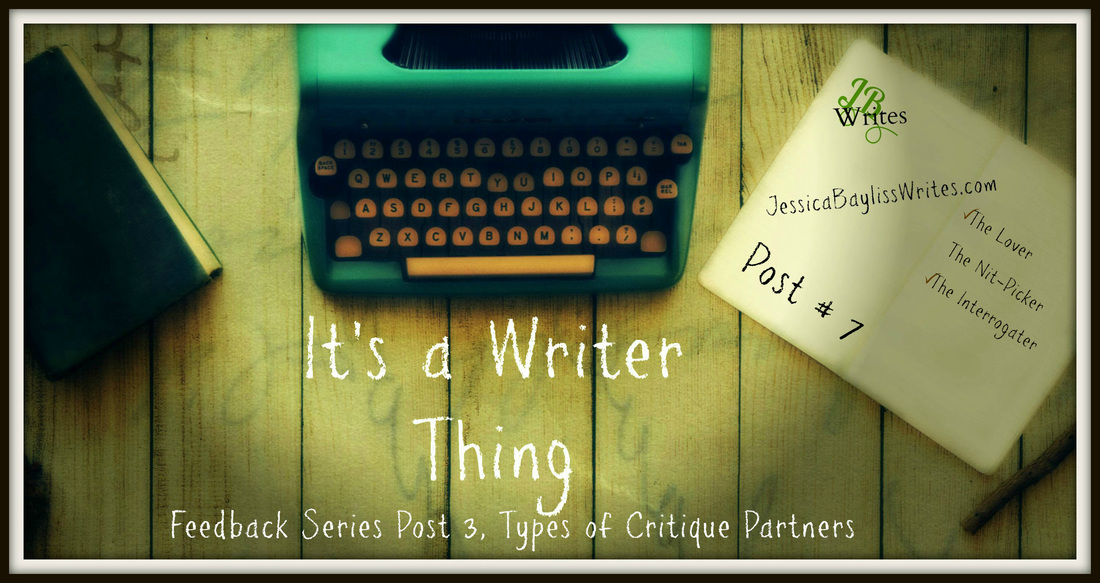

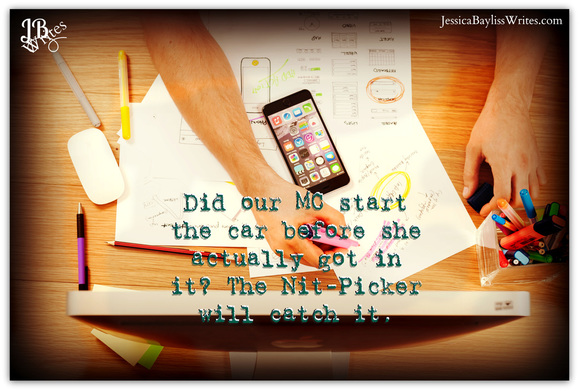
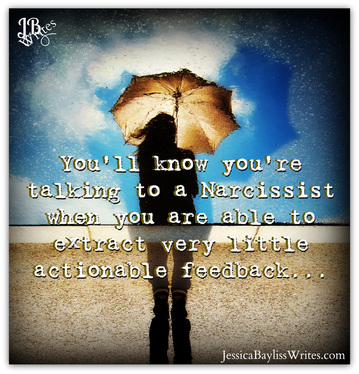
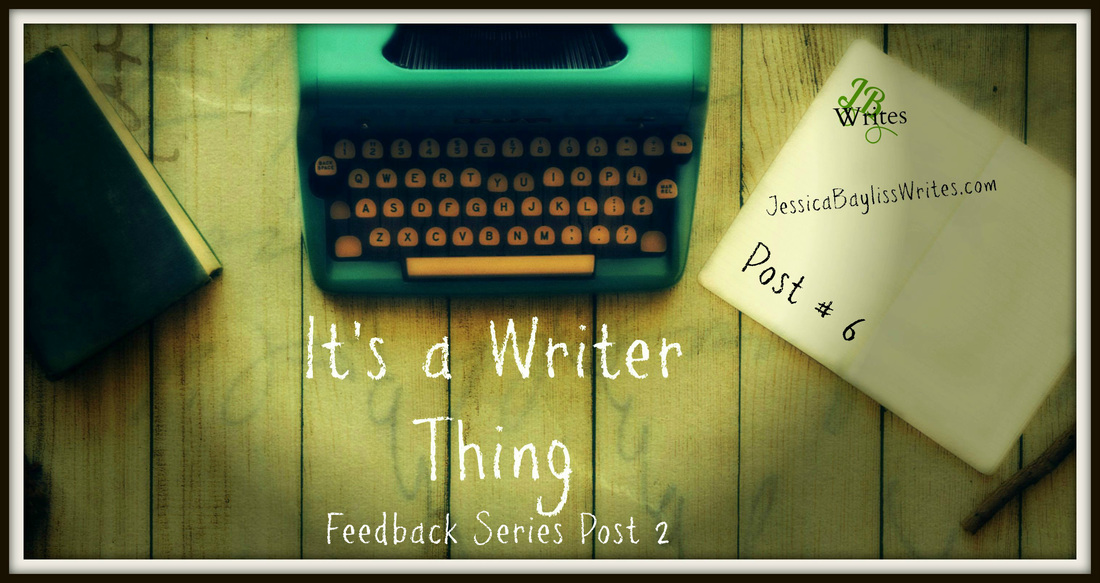

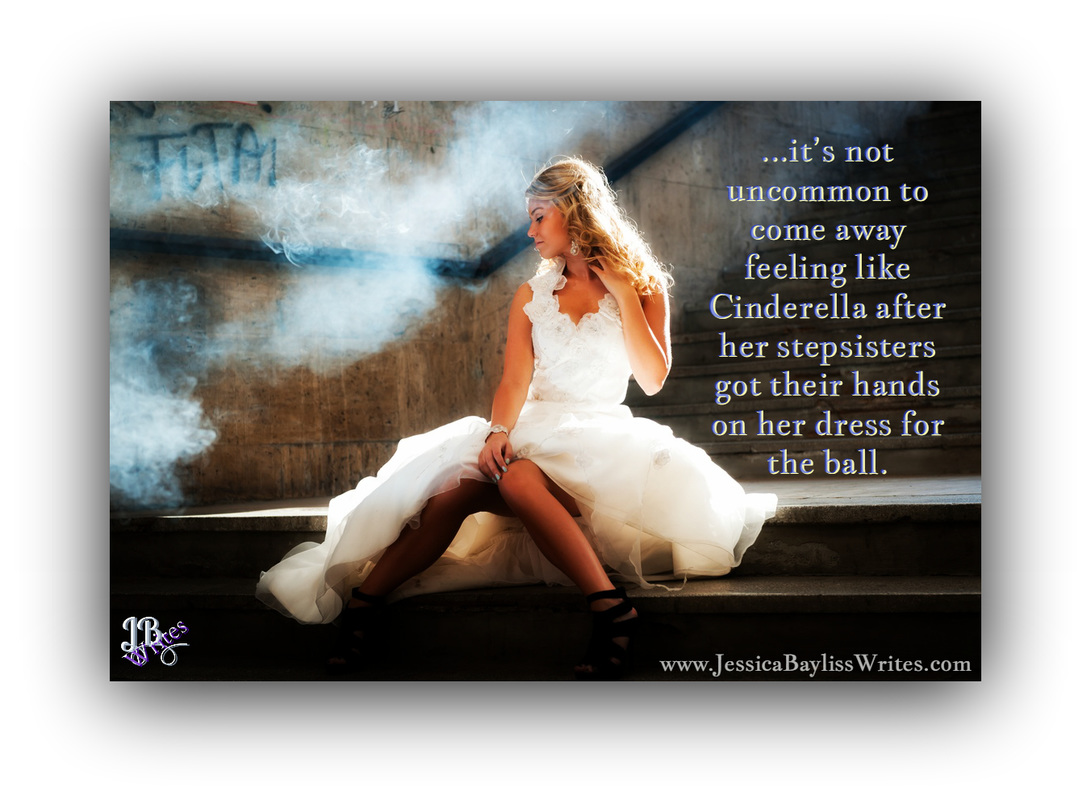
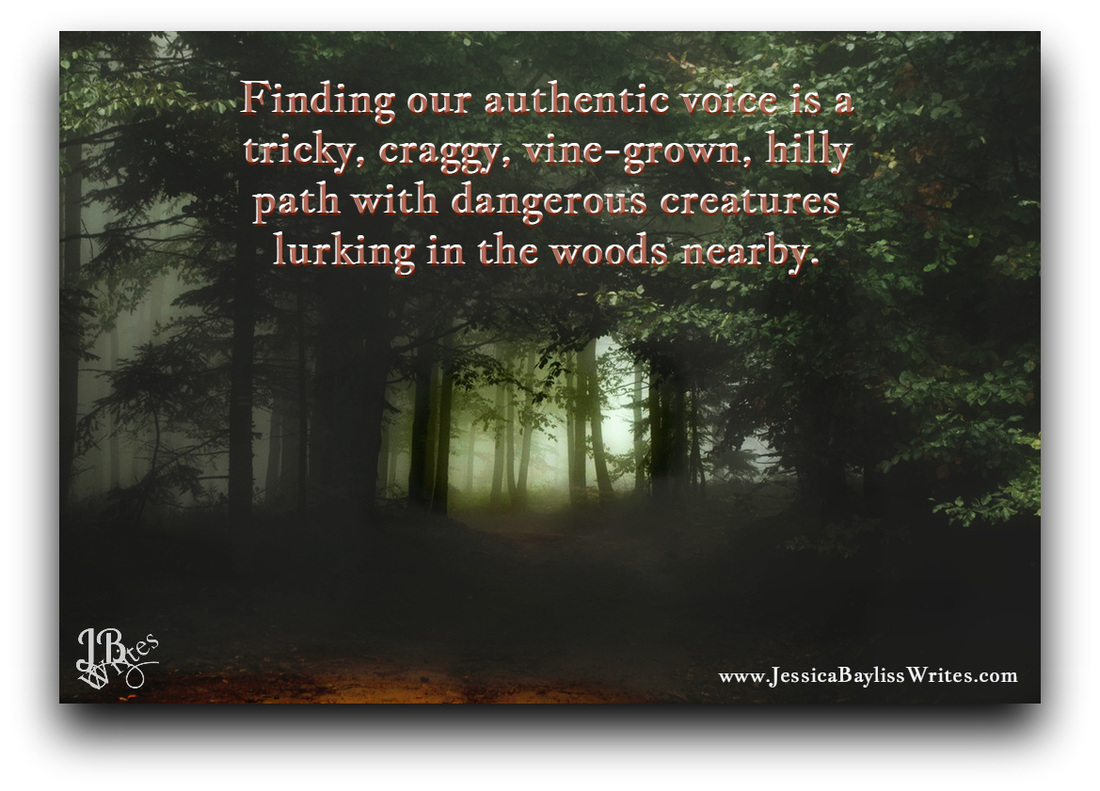
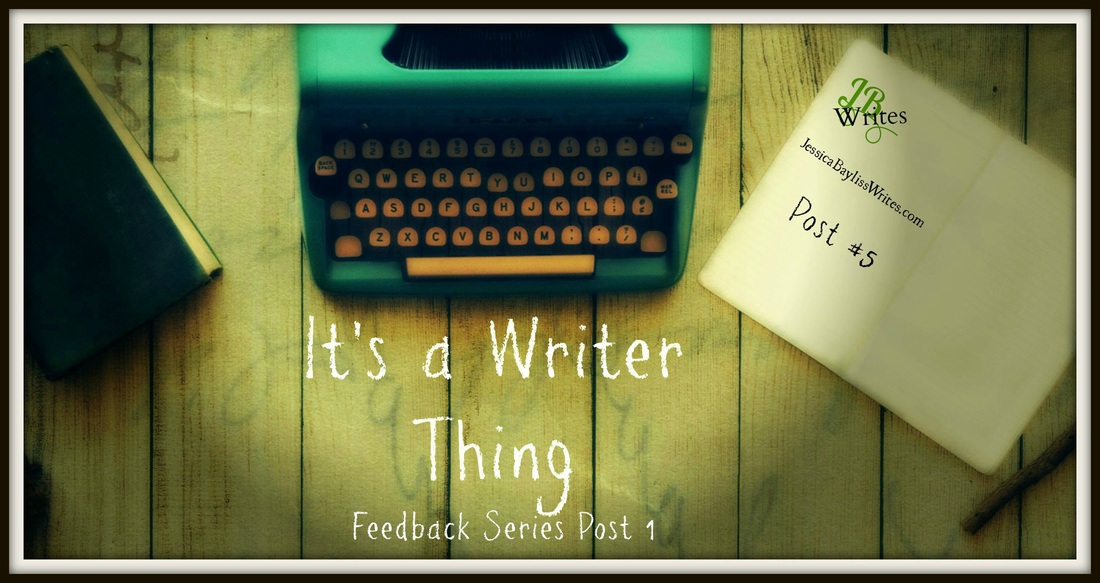
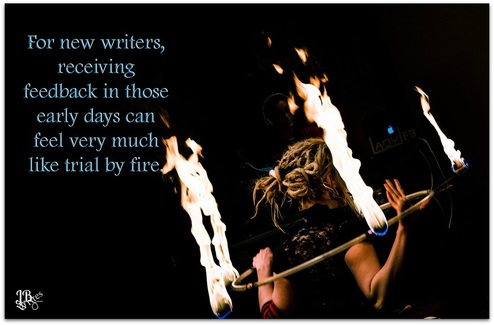
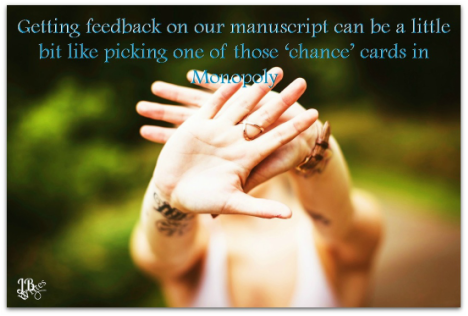
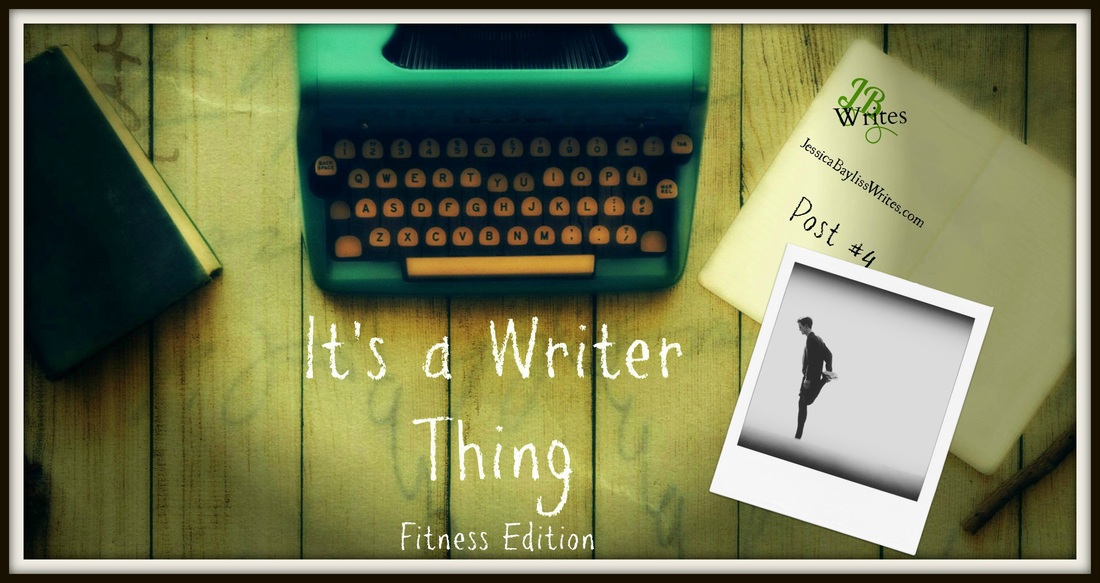
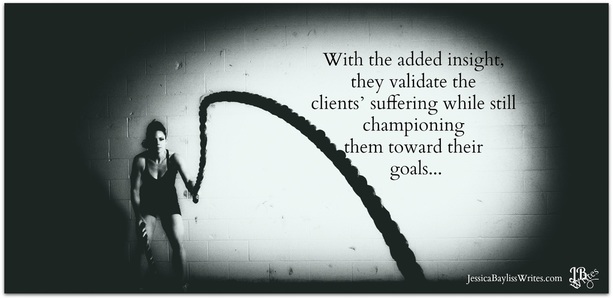
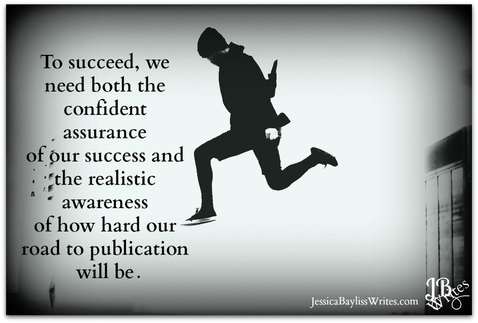
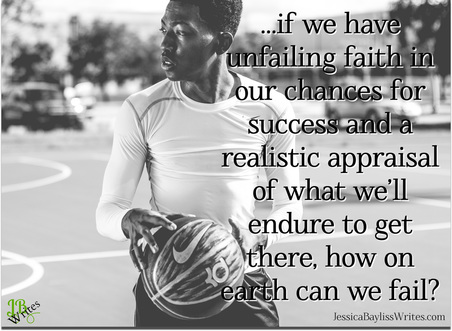
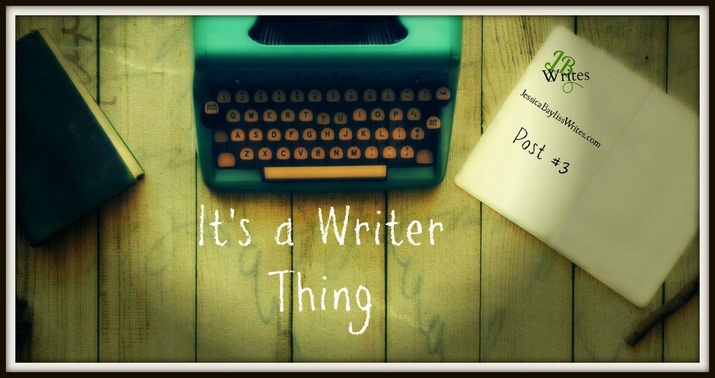
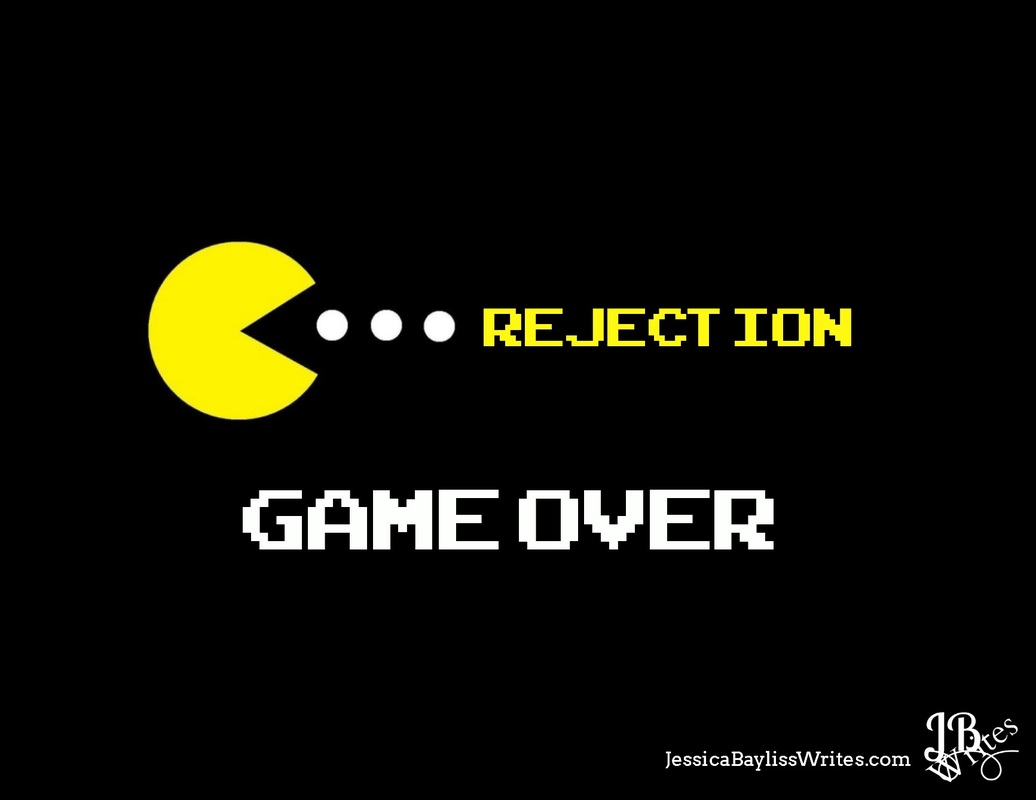
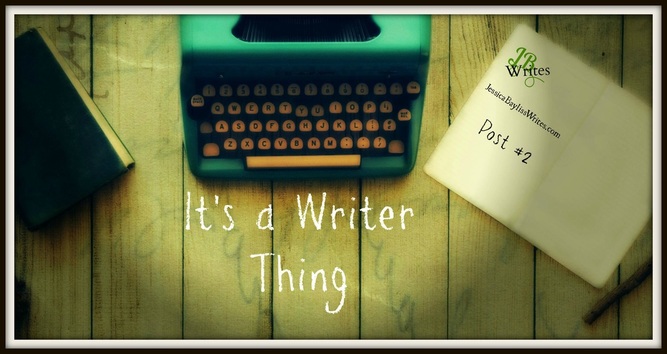
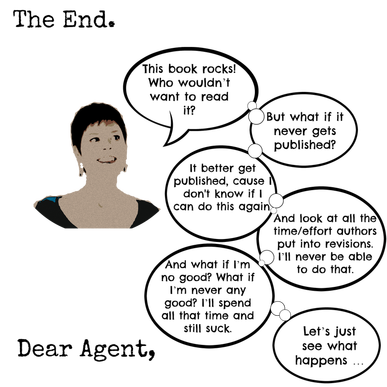
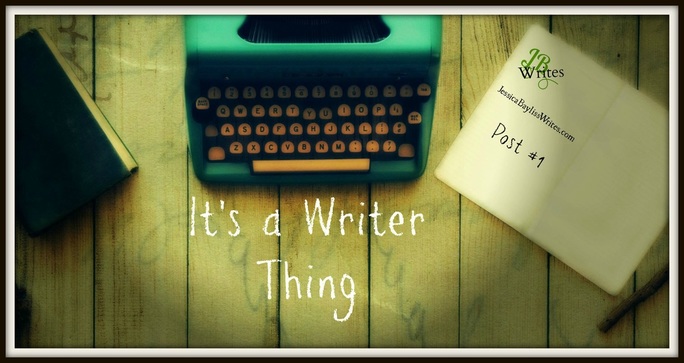
 RSS Feed
RSS Feed
